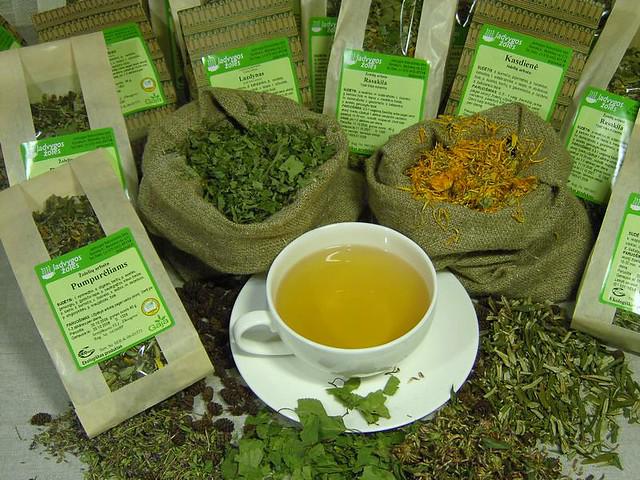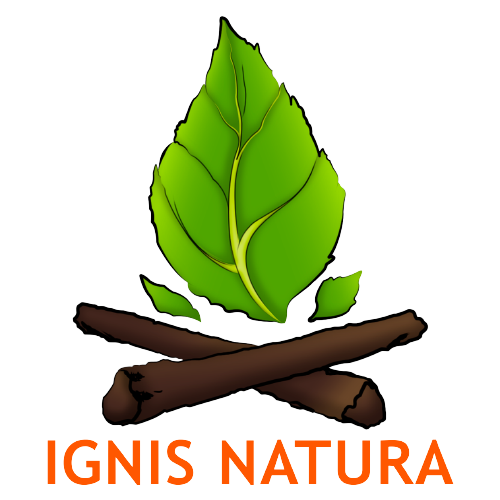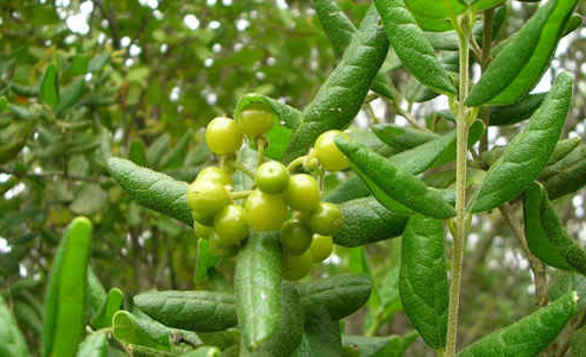Exploring Medicinal Plants
Medicinal plants have been part of human wellness efforts for centuries, offering remedies and health boosts straight from nature. Let's explore some significant botanicals and how modern science and traditional wisdom intersect.
- Aloe Vera: Often called the "plant of immortality," soothes sunburns and heals wounds. It's now common in skincare products due to its hydrating and anti-inflammatory properties.
- Echinacea: A North American flower that supports immune health and reduces the duration of the common cold. Native Americans used it to treat infections and snake bites.
- Ginseng: Revered in Asian traditions, boosts energy and mental function. Research links it to improved cognitive performance and stress resistance.
- Turmeric: The golden spice in curry is a potent anti-inflammatory. Its active compound, curcumin, helps with arthritis and promotes joint health.
- Lavender: Used as a relaxant and sleep aid. Studies support its ability to reduce anxiety when used in aromatherapy or as a tea.
- Ginger: Relieves nausea and carries anti-inflammatory benefits.
- Peppermint: Aids digestion and eases irritable bowel syndrome (IBS) symptoms.
These plants demonstrate how simple greenery can be powerful, bridging traditional remedies and modern medicine.

Açaí Seed Extract Study
Açaí, traditionally cherished in Amazonia, has gained global popularity as a superfood. Recent research focuses on its seeds, previously considered waste, for their potential impact on obesity and diabetes.
Professor Roberto Soares de Moura's studies on açaí seed extract have shown promising effects against metabolic disorders. In animal models, the extract significantly reduced weight gain in mice on high-fat diets, with a 40% decrease observed.
Blood markers provided further evidence of the extract's potential:
- 14% reduction in glucose levels
- 70% drop in insulin levels, indicating possible insulin-sensitizing effects
The extract also benefited liver health, reducing fat accumulation and improving cholesterol and triglyceride profiles. Additionally, it demonstrated protective qualities for renal health, reducing inflammation and normalizing kidney function markers in studies replicating diabetes-induced nephropathy.
The açaí seed extract's performance was comparable to metformin, a prominent diabetes medication, but with unique advantages. While these animal studies are promising, thorough human trials are essential to verify safety, efficacy, and appropriate dosages for human consumption.
This research exemplifies how traditional knowledge and modern science can converge to create sustainable health solutions from natural resources.

Innovations in Natural Product Use
The transformation of açaí seeds from waste to valuable resource highlights a shift towards sustainable solutions in various industries. With over 70% of the fruit's weight consisting of seeds, innovative approaches to reusing them are turning environmental concerns into opportunities.
Applications in Different Industries:
- Pharmaceuticals: Açaí seed extracts are being examined for their antioxidant-rich composition and potential applications in drug development, particularly for conditions related to oxidative stress and inflammation.
- Cosmetics: The industry is incorporating açaí seeds into skincare products, leveraging their antioxidant potential for anti-aging and skin-calming formulations. This aligns with the growing demand for eco-friendly practices in beauty products.
- Sustainable Materials: Efforts to develop bioplastics and renewable materials from açaí seeds illustrate the broader movement towards recycling and sustainability.
As we continue to explore and refine these processes, the story of the açaí seed offers inspiration for future endeavors in sustainable resource management and highlights the potential of looking at familiar resources with fresh eyes.

Health Benefits of Herbal Teas
Herbal teas offer a range of health benefits, from stress relief to immune support. These naturally brewed beverages provide a holistic approach to wellness.
| Tea | Benefits | Key Compounds |
|---|---|---|
| Chamomile | Promotes relaxation and better sleep | Apigenin (antioxidant) |
| Peppermint | Alleviates digestive discomfort, helpful for IBS | Menthol |
| Ginger | Combats nausea, aids digestion | Gingerol |
| Echinacea | Boosts immune function, shortens cold duration | Polysaccharides, glycoproteins |
| Green Tea | Supports metabolic health, may assist in weight management | Catechins (e.g., EGCG) |
A blend of turmeric, ginger, and meadowsweet offers natural inflammatory response support, beneficial for active lifestyles and promoting joint health.
Each cup of herbal tea represents a blend of tradition and science, offering support for modern health challenges while nurturing both body and soul.

The integration of traditional wisdom with modern research in natural remedies offers promising avenues for wellness. From medicinal plants to herbal teas, these natural elements remind us that effective health solutions often lie in nature's simplicity.
- Soares de Moura R, Resende AC. Cardiovascular and metabolic effects of açaí, an Amazon plant. J Cardiovasc Pharmacol. 2016;68(1):19-26.
- Schauss AG, Wu X, Prior RL, et al. Phytochemical and nutrient composition of the freeze-dried Amazonian palm berry, Euterpe oleraceae Mart. (açaí). J Agric Food Chem. 2006;54(22):8598-8603.
- McKay DL, Blumberg JB. A review of the bioactivity and potential health benefits of chamomile tea (Matricaria recutita L.). Phytother Res. 2006;20(7):519-530.
- Grzanna R, Lindmark L, Frondoza CG. Ginger – an herbal medicinal product with broad anti-inflammatory actions. J Med Food. 2005;8(2):125-132.






